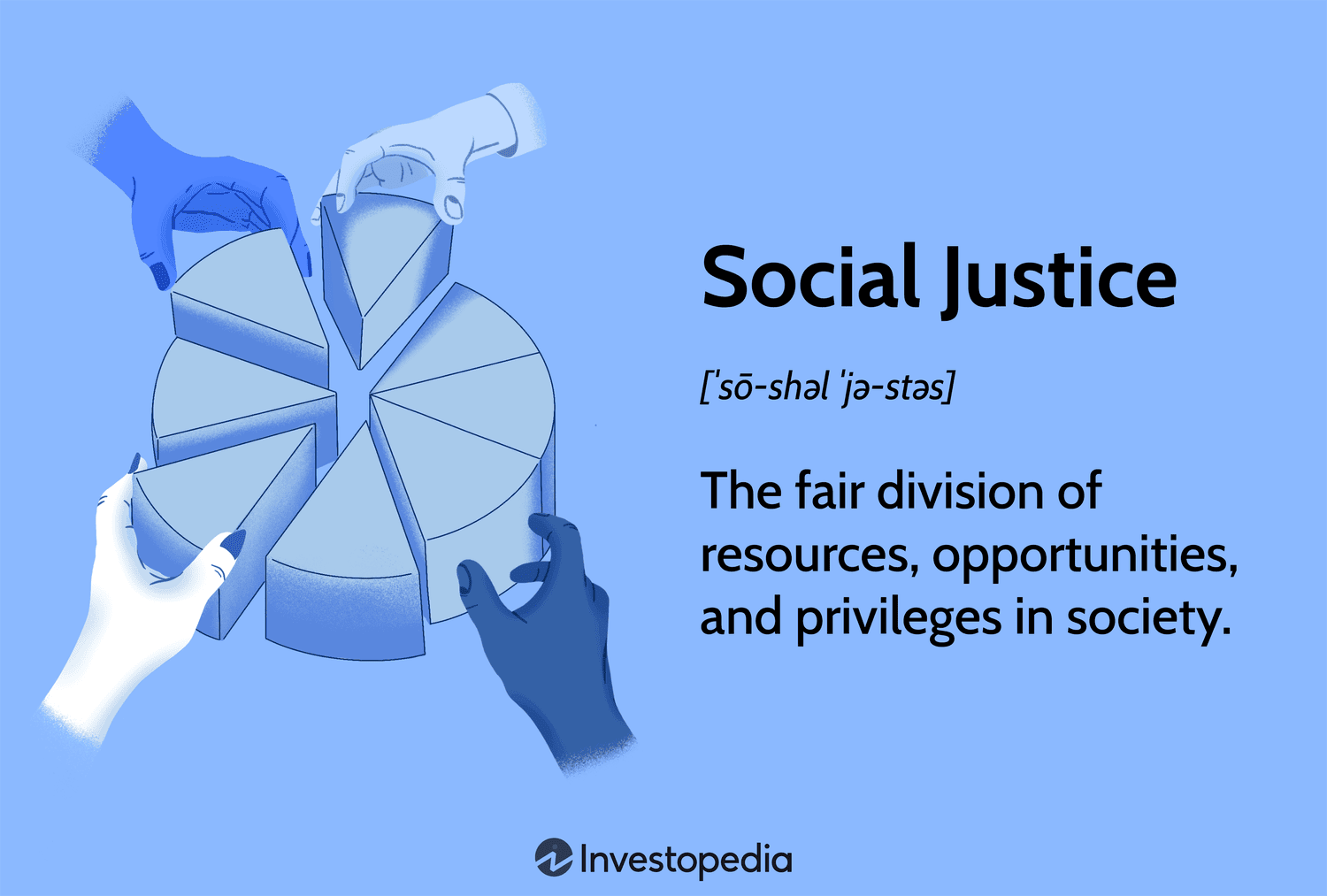Exploring the intersection of economic history and social justice reveals a compelling relationship that can be harnessed to create a fairer society. By delving into the economic landscape of the past, we uncover pivotal moments and patterns that have shaped the distribution of resources, opportunities, and power. Leveraging this knowledge allows for informed decision-making and policy formulation, steering us towards an equitable and just future.

Credit: corporatefinanceinstitute.com
The Role of Economic History in Understanding Inequality
Studying economic history provides invaluable insight into the root causes of inequality. By analyzing historical economic data, we can pinpoint systemic disparities that have perpetuated social injustice. This understanding enables us to address these imbalances strategically, aiming to rectify historical wrongs and prevent their recurrence.
Informing Policy with Historical Perspectives
One of the significant contributions of economic history to promoting social justice lies in its capacity to inform policy formulation. By examining how past policies and economic structures have influenced societal disparities, policymakers can identify effective strategies to promote equality. Historical perspectives provide a nuanced understanding of the impact of different policies and can guide the development of initiatives aimed at leveling the playing field for all members of society.
Shaping Narratives to Foster Equity
Utilizing economic history to promote social justice involves reshaping prevailing narratives to acknowledge historical injustices. By incorporating the economic experiences of marginalized communities into historical discourse, we recognize the enduring impact of economic inequality. This shift in narrative not only honors the experiences of those who have been oppressed but also serves as a catalyst for change, prompting society to actively address the consequences of past economic injustices.
Empowering Marginalized Communities through Education
Education rooted in economic history plays a pivotal role in empowering marginalized communities. By highlighting the economic struggles and triumphs of various groups, educational initiatives can instill a deeper understanding of the systemic barriers to social and economic justice. This knowledge equips individuals with the tools to advocate for change, fostering a culture of awareness and activism that is essential for driving progress towards a more just society.

Credit: www.facebook.com
Advocating for Equitable Economic Policies
Economic history serves as an essential resource for advocating and implementing equitable economic policies. By examining historical economic frameworks and their impact on different segments of society, advocates can leverage this knowledge to promote policies that prioritize social justice. Understanding the successes and failures of past economic initiatives empowers advocates to push for sustainable economic practices that seek to eliminate disparities and foster inclusive prosperity.
Frequently Asked Questions Of How Can Economic History Be Used To Promote Social Justice?
What Is The Significance Of Economic History In Promoting Social Justice?
Economic history plays a vital role in promoting social justice by revealing patterns of inequality and offering insights into effective policy strategies.
How Does Studying Economic History Help Identify Social Injustices?
Studying economic history helps to identify social injustices by examining historical policies and their impact on marginalized communities, shedding light on systemic biases and inequalities.
Can Economic History Influence Policy-making For Social Justice?
Yes, economic history can influence policy-making for social justice by providing evidence-based insights and guiding the design of interventions to address socioeconomic disparities.
What Lessons Can We Learn From Economic History To Achieve Social Justice?
Learning from economic history helps us understand the root causes of social inequality, enabling us to develop informed approaches to promote fair distribution of resources and opportunities.
Conclusion
Embracing the lessons of economic history paves the way for a society that prioritizes social justice. By learning from the economic successes and mistakes of the past, we gain valuable insights that can be channeled into policies, education, and advocacy efforts to promote equality. Through a comprehensive understanding of economic history, we can address systemic injustices and work towards a future where all individuals have equal access to opportunities and resources.
“` In the vast landscape of economic history, we find a powerful tool for promoting social justice. By tapping into the wealth of knowledge offered by the economic experiences of the past, we can direct our efforts towards creating a fairer and more equitable society. Let’s explore how economic history can be used to advance the cause of social justice. ### The Role of Economic History in Understanding Inequality Studying economic history provides invaluable insight into the root causes of inequality. By analyzing historical economic data, we can pinpoint systemic disparities that have perpetuated social injustice. ### Informing Policy with Historical Perspectives One of the significant contributions of economic history to promoting social justice lies in its capacity to inform policy formulation. Historical perspectives provide a nuanced understanding of the impact of different policies and can guide the development of initiatives aimed at leveling the playing field for all members of society. ### Shaping Narratives to Foster Equity Utilizing economic history to promote social justice involves reshaping prevailing narratives to acknowledge historical injustices. This shift in narrative not only honors the experiences of those who have been oppressed but also serves as a catalyst for change. ### Empowering Marginalized Communities through Education Education rooted in economic history plays a pivotal role in empowering marginalized communities. This knowledge equips individuals with the tools to advocate for change, fostering a culture of awareness and activism that is essential for driving progress towards a more just society. ### Advocating for Equitable Economic Policies Economic history serves as an essential resource for advocating and implementing equitable economic policies. Understanding the successes and failures of past economic initiatives empowers advocates to push for sustainable economic practices that seek to eliminate disparities and foster inclusive prosperity. In conclusion, embracing the lessons of economic history paves the way for a society that prioritizes social justice. Through a comprehensive understanding of economic history, we can address systemic injustices and work towards a future where all individuals have equal access to opportunities and resources.Guest Author Sakhawat-Shuvo wrote and edited this Article based on his best knowledge and understanding. These opinions and remarks are not endorsed or guaranteed by epichistoria.com or EpicHistoria. The Epic Historia does not guarantee this article’s content. Readers should verify and use their judgment before trusting the content. Also, the Images used in this Article are the copyright of their Respective Owners. Please use our Comment Box or Contact Us form to report this content. This information is not accountable for losses, injuries, or damages.


